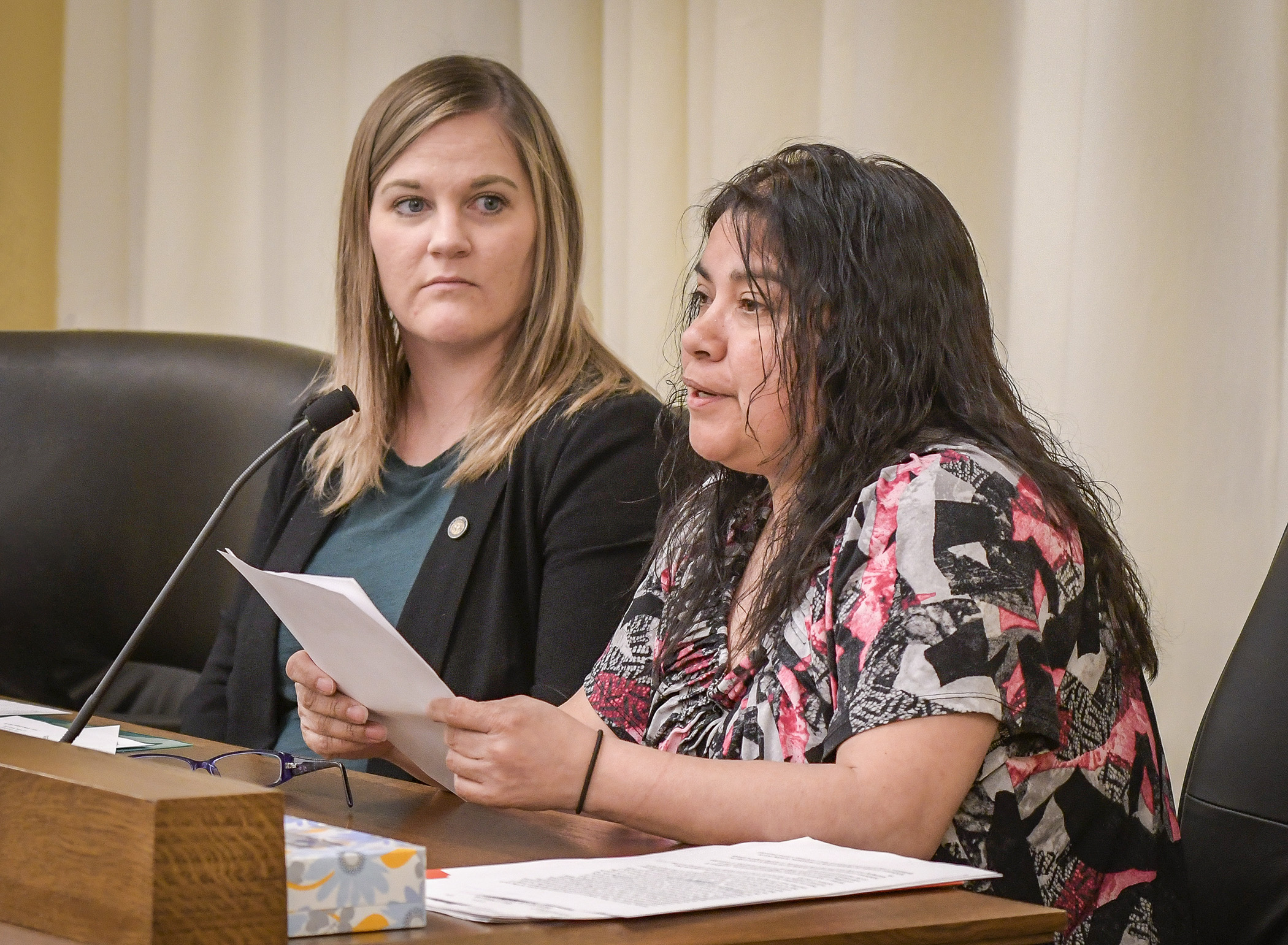A drive to help Minnesotans get to work

Getting to work can be a struggle without a reliable vehicle.
Getting to Work is also the name of a state grant program, and the focus of HF905 that was approved by the House Labor Committee Wednesday and sent to the House Ways and Means Committee. The Senate companion, SF988, is sponsored by Sen. Bill Ingebrigtsen (R-Alexandria) and is awaiting action by the Senate Jobs and Economic Growth Finance and Policy Committee.
The Getting to Work program provides funding through a competitive grant process administered by the Department of Employment and Economic Development to non-profit organizations offering low-interest vehicle loans or leases, affordable vehicle repairs, or donated vehicles to families who need a vehicle to get to work.
"Reliable vehicles are critical to the success of most working families," said Rep. Erin Koegel (DFL-Spring Lake Park), the bill’s sponsor.
Getting to Work was started and funded by the Legislature in 2017 with an appropriation of $100,000 for each year of the 2018-2019 biennium. The current bill does not yet make a specific funding request for the 2020-2021 biennium.
Koegel and other testifiers outlined how the previous funds were spent, reporting that 126 individuals participated in Fiscal Year 2018. Thirteen got assistance to purchase or lease a vehicle, and 113 got help with vehicle repairs.
DEED gave grants to six of the 10 non-profit organizations that applied for funds, according to a report issued by the department. Four of those were in the metro area, one in Virginia, and one in Marshall.
Koegel noted that one goal of the Getting to Work program moving forward is to include more partners in Greater Minnesota.
"Workers without a vehicle are at a significant disadvantage in the job market, especially in areas of the state where public transportation is limited," said Anna Odegaard, legislative advocate for the Minnesota Asset Building Coalition.
To be eligible for the program, individuals must have a household income at or below 200 percent of the federal poverty level. In a change from last session’s bill, HF905 lowers the eligible age for participants from 22 to 18.
Related Articles
Search Session Daily
Advanced Search OptionsPriority Dailies
Ways and Means Committee OKs proposed $512 million supplemental budget on party-line vote
By Mike Cook Meeting more needs or fiscal irresponsibility is one way to sum up the differences among the two parties on a supplemental spending package a year after a $72 billion state budg...
Meeting more needs or fiscal irresponsibility is one way to sum up the differences among the two parties on a supplemental spending package a year after a $72 billion state budg...
Minnesota’s projected budget surplus balloons to $3.7 billion, but fiscal pressure still looms
By Rob Hubbard Just as Minnesota has experienced a warmer winter than usual, so has the state’s budget outlook warmed over the past few months.
On Thursday, Minnesota Management and Budget...
Just as Minnesota has experienced a warmer winter than usual, so has the state’s budget outlook warmed over the past few months.
On Thursday, Minnesota Management and Budget...